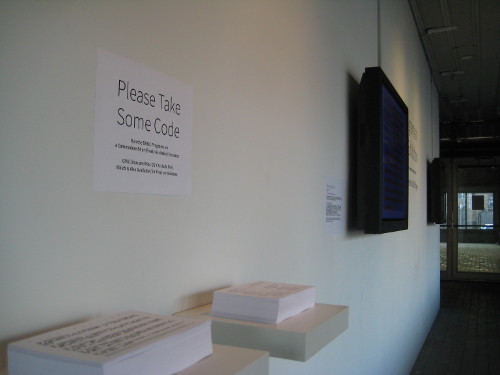E.T.‘s Material Mess
My comments were part of a brief piece on NPR’s All Things Considered yesterday. NPR only turns to me when there’s a very serious issue at stake; this time, some documentary filmmakers were thwarted, at least for the moment, in their quest to visit an Alamogordo, New Mexico landfill and dig up the large number of E.T.: The Extraterrestial Atari 2600 cartridges that, according to reports, are buried there.
Lots of people read the story of E.T. (the video game) as one of monumental punishment for a media company’s disrespect for users/players. To me, there are at least two other important points.





